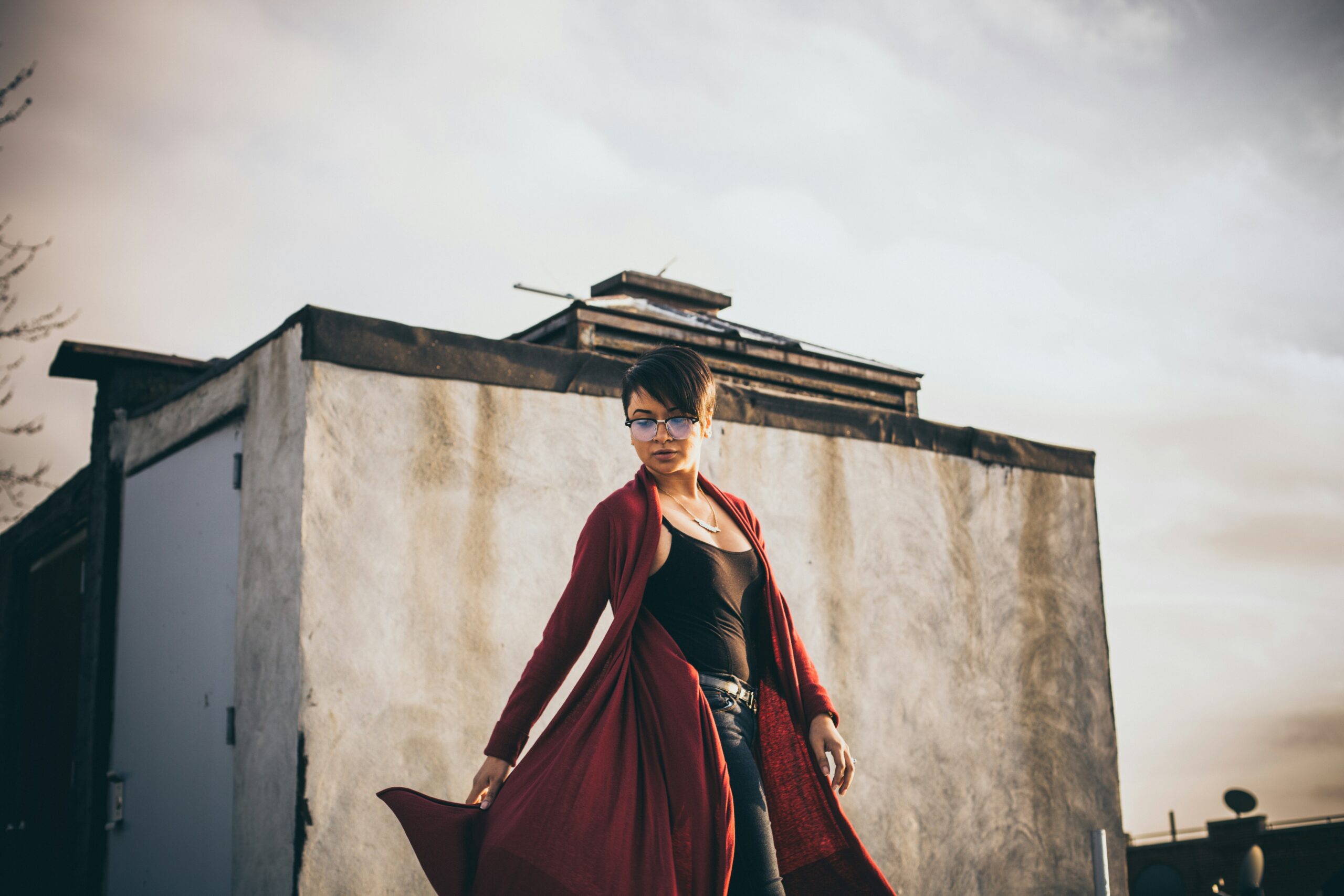In an era where conscious consumerism is gaining momentum, the fashion industry is under increasing scrutiny for its ethical practices. Are you supporting ethical fashion practices? This blog post will explore what ethical fashion entails, why it matters, and how you can make more informed choices to support it.
Understanding Ethical Fashion
Ethical fashion is a broad term encompassing many practices aimed at promoting fair treatment of workers, minimizing environmental impact, and enhancing transparency in the supply chain. It’s about creating a more sustainable fashion industry, one that values people and the planet over sheer profit.
Expert Opinions
According to Dr. Lisa Thompson, a prominent researcher in sustainable fashion, “Ethical fashion goes beyond using eco-friendly materials. It includes fair wages, safe working conditions, and the overall well-being of everyone involved in the production process.”
Relevant Statistics
Recent studies have shown that the fashion industry is responsible for 10% of global carbon emissions. Additionally, 85% of all textiles end up in landfills each year. These staggering statistics highlight the urgent need for more ethical fashion practices.
Personal Anecdote
When I first learned about the impact of fast fashion, I was shocked. I decided to make a change by purchasing from brands that prioritize ethical practices. Not only did I feel better about my choices, but I also noticed the superior quality and longevity of the clothing.
Actionable Tips
- Research Brands: Look for brands that are transparent about their supply chain and labor practices.
- Buy Less, Choose Well: Opt for quality over quantity. Invest in pieces that are timeless and durable.
- Support Second-Hand Stores: Thrift shopping is a great way to reduce waste and give clothes a second life.
- Read Labels: Check for certifications like Fair Trade, Organic, or B Corp, which indicate ethical practices.
- Ask Questions: Don’t hesitate to ask brands about their ethical practices. The more consumers demand transparency, the more likely companies are to provide it.
Comparison Table: Ethical vs. Fast Fashion
| Aspect | Ethical Fashion | Fast Fashion |
|---|---|---|
| Environmental Impact | Minimized | High |
| Worker Conditions | Fair and Safe | Poor |
| Quality | High | Low |
| Longevity | Long-lasting | Short-lived |
| Cost | Higher | Lower |
| Transparency | High | Low |
| Waste | Reduced | High |
| Impact on Economy | Positive | Negative |
FAQ Section
Frequently Asked Questions
What is ethical fashion?
Ethical fashion refers to clothing that is made in ways that value social welfare, environmental sustainability, and transparency in the supply chain.
Why is ethical fashion more expensive?
Ethical fashion often costs more because it involves fair wages, safe working conditions, and eco-friendly materials, all of which add to the production costs.
How can I identify ethical fashion brands?
Look for certifications such as Fair Trade, Organic, or B Corp, and research the brand’s transparency about its supply chain and labor practices.
Can fast fashion ever be ethical?
While some fast fashion brands are making efforts to improve their practices, the model itself often prioritizes low costs and high turnover, which can lead to unethical practices.
Pro Tip: Always check the material composition of clothing. Natural fibers like organic cotton, hemp, and bamboo are more sustainable choices compared to synthetic fibers.
Conclusion
Supporting ethical fashion practices is not just a trend; it’s a necessity for a sustainable future. By making informed choices, asking the right questions, and prioritizing quality over quantity, you can contribute to a more ethical and sustainable fashion industry. Start today and make a difference! For further reading, check out resources like Ethical Fashion Forum and Fashion Revolution.




Leave a Reply